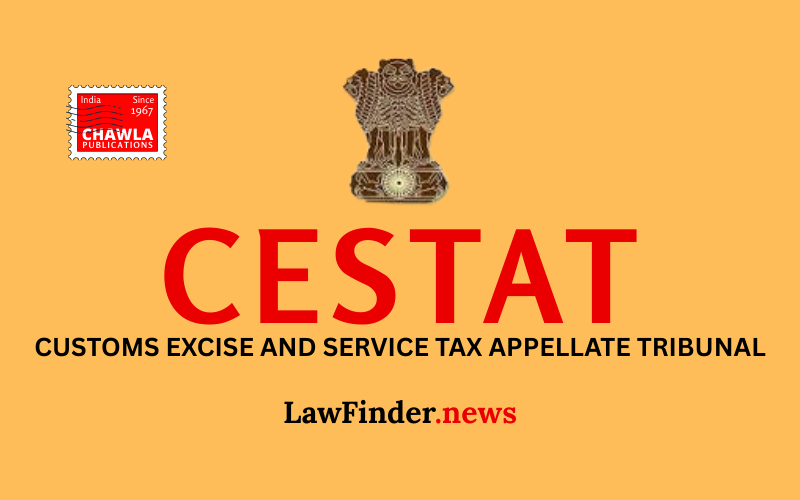Tribunal Upholds Original Classification and Dismisses Penalty and Confiscation Demands
In a significant ruling, the Customs Excise and Service Tax Appellate Tribunal (CESTAT), New Delhi, has overturned the Directorate of Revenue Intelligence's (DRI) decision regarding the classification of smart cards imported by M/s. Videocon D2H Limited. The tribunal, led by Justice Mr. Dilip Gupta and Mr. P.V. Subba Rao, has upheld Videocon's classification of the smart cards under CTI 8523 52 90, dismissing the DRI's reclassification under CTI 8529 90 90.
The case, which involved multiple appeals, centered around the classification of imported smart cards used in Videocon's Direct-to-Home (DTH) television services. Videocon had originally classified these cards under CTI 8523 52 90, claiming exemptions under specific customs notifications. However, the DRI contested this classification, arguing that the cards were parts of Set Top Boxes and should fall under CTI 8529 90 90. The DRI also sought to invoke an extended period of limitation under Section 28(4) of the Customs Act, demanding duty recovery and imposing penalties.
Videocon, along with its executives Shri Saurabh Dhoot, Shri Avanthi Kanthaliya, and Shri Pankaj Mathur, challenged the DRI's findings, arguing that the smart cards were goods in themselves, not parts of the Set Top Boxes, and were correctly classified. They contended that the DRI's reliance on statements recorded under Section 108 of the Customs Act was flawed, as these were not admitted as evidence under Section 138B.
The tribunal found merit in Videocon's arguments, noting that the smart cards met the parameters laid out in Chapter Note 5(b) to Chapter 85 of the Customs Tariff, qualifying them as smart cards. The tribunal also emphasized that classification is a matter of opinion and cannot be altered based on a differing view from DRI in hindsight. Additionally, the tribunal criticized the DRI for not following the procedure prescribed under section 138B for admitting statements as evidence, thus making them inadmissible.
In its judgment, the tribunal dismissed the demand for duty recovery, penalties, and the holding of goods liable to confiscation under section 111(m). It also rejected the appeal by the Revenue to impose penalties under section 114AA and redemption fines under section 125 of the Customs Act.
This ruling not only provides relief to Videocon and its executives but also sets a precedent for importers regarding the classification of goods and the procedural requirements for admitting evidence in customs cases.
Bottom Line:
Customs Act - Classification of imported goods - Smart Cards/Viewing Cards classified under CTI 8523 52 90 - Extended period of limitation under Section 28(4) of Customs Act not sustainable - Statements recorded under Section 108 cannot be relied upon unless admitted as evidence under Section 138B.
Statutory provision(s): Section 28(4), Section 138B, Section 111(m), Section 114A, Section 114AA, Section 125 of the Customs Act, 1962




